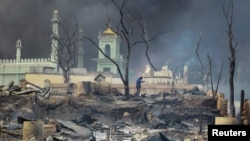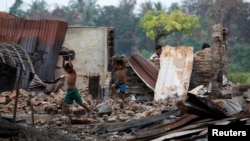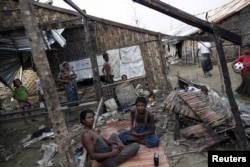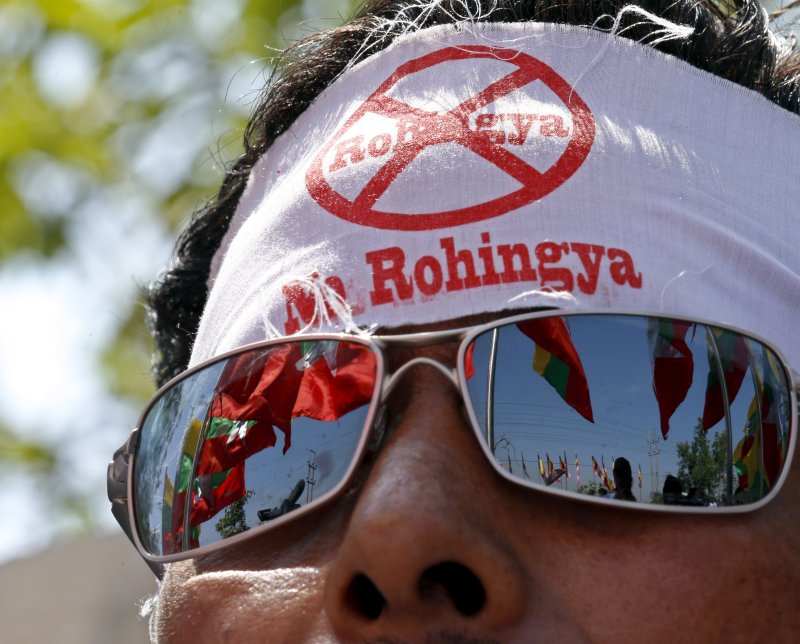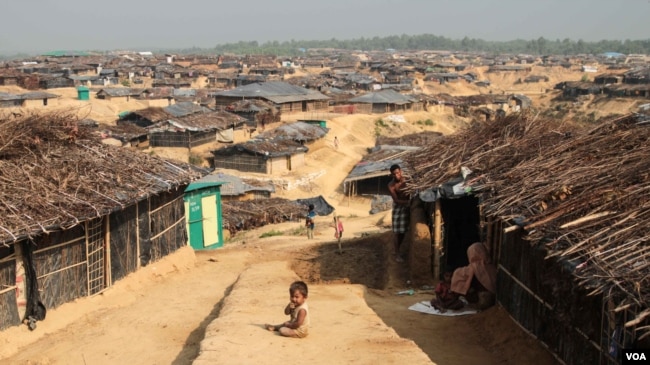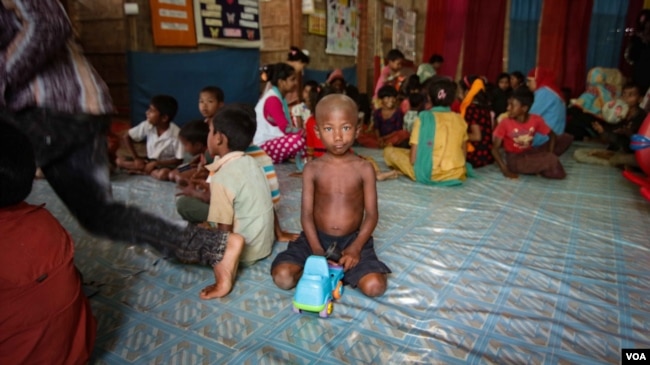emilynghiem
Constitutionalist / Universalist
Rohingya dying from lack of health care in Myanmar
Heard about this on public radio, where the medical care from Doctors Without Borders was being cut off, after complaints of political activity by volunteers passing information to media.
"The government considers all 1.3 million Rohingya to be illegal immigrants from neighboring Bangladesh, though many of them were born in Myanmar to families who have lived here for generations. Presidential spokesman Ye Htut accused Doctors Without Borders of unfairly providing more care to Muslims than Buddhists and inflaming communal tensions by hiring "Bengalis," the name the government uses to refer to the Rohingya."
Myanmar denies health care to Rohingya; patients dying as Doctors Without Borders shut down | CTV News
If anyone can find a petition already started, to let DWB/MSF into Rakhine,
please post and I'll sign it. If not, I ask help to write up short statement to start a petition.
Thanks!
Heard about this on public radio, where the medical care from Doctors Without Borders was being cut off, after complaints of political activity by volunteers passing information to media.
"The government considers all 1.3 million Rohingya to be illegal immigrants from neighboring Bangladesh, though many of them were born in Myanmar to families who have lived here for generations. Presidential spokesman Ye Htut accused Doctors Without Borders of unfairly providing more care to Muslims than Buddhists and inflaming communal tensions by hiring "Bengalis," the name the government uses to refer to the Rohingya."
Myanmar denies health care to Rohingya; patients dying as Doctors Without Borders shut down | CTV News
If anyone can find a petition already started, to let DWB/MSF into Rakhine,
please post and I'll sign it. If not, I ask help to write up short statement to start a petition.
Thanks!
